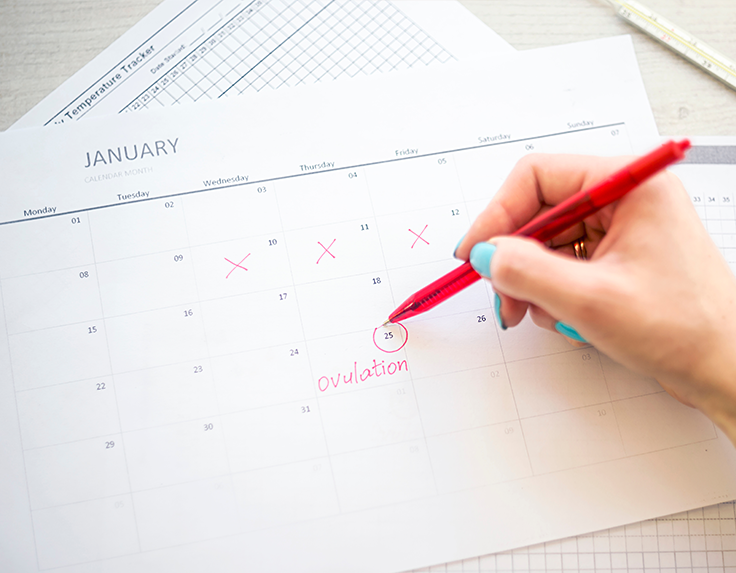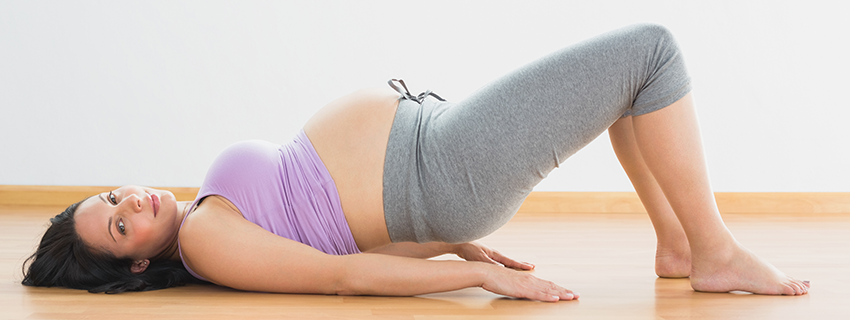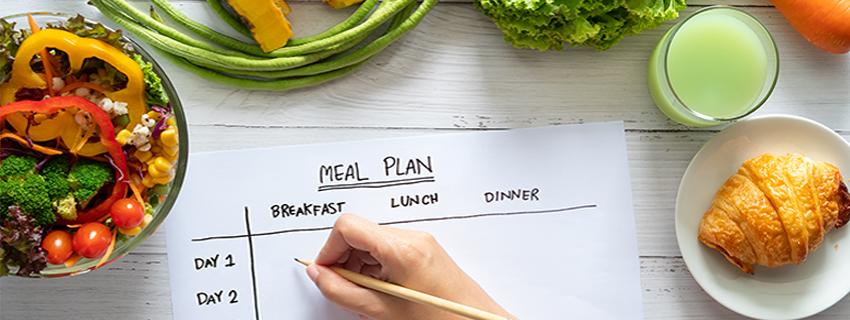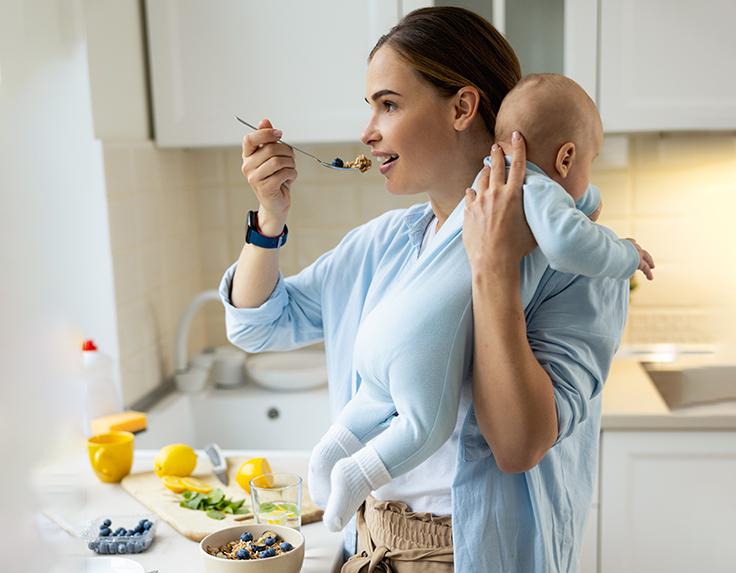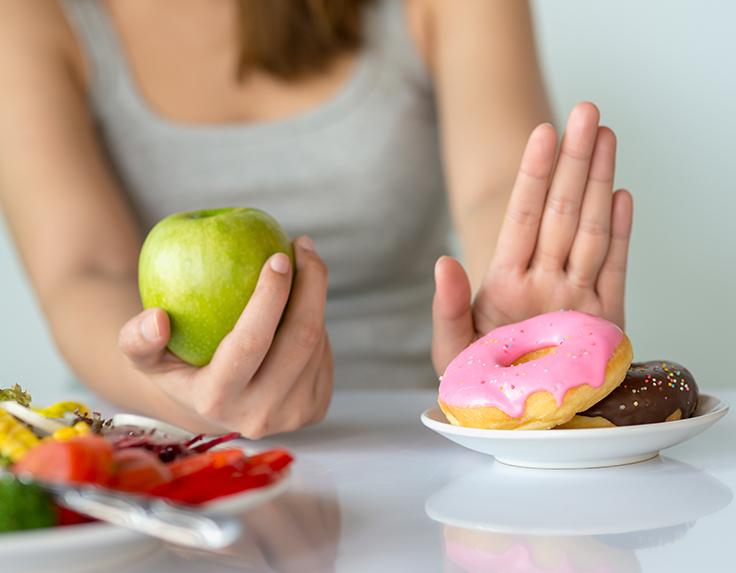Congratulations! Now that you have seen the two pink lines on the Prega News test kit, it’s time to celebrate the upcoming arrival of the new addition to your family. When the pregnancy test kit confirms your pregnancy, it is also the time to check-in with your doctor and get all the recommended tests and advice that you would need during this time. This is also a time of learning and unfortunately there are plenty of pregnancy myths out there that you are sure to come across whether through others or through some source. However, Prega News makes it easy for you to stay informed during this time by busting the most common pregnancy myths. So let’s take a look!
Common pregnancy myths
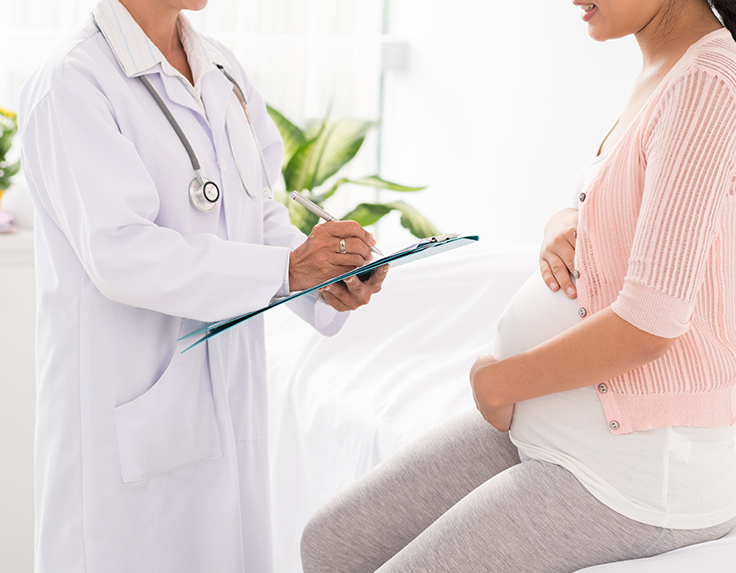
Ranging from how to tell the baby’s gender to how much hair your baby will have – there are myths about everything surrounding pregnancy and childbirth. Here are the most common ones to stay aware about. Learning more about facts and less about myths can help you maintain a healthy pregnancy with peace of mind. So read on to know more about these myths and if there’s any truth to them!
● Start eating for two
Perhaps the most common myth out there is that the moment you are pregnant, you should start eating for two. This is not only not true but can also be harmful for you as excessive weight gain can impact both you and your baby’s health. In fact, it is normal to keep the same intake of calories or some more during the first trimester. Even in the later stages, it is not advised to eat for two but gradually increase the calorie intake, a number that is decided by taking into account your health and your pre-pregnancy weight. Eating right and eating healthy during pregnancy is what is most important! And in today’s world, your doctor will likely recommend you to a dietician to better understand what and how much to eat during this time.
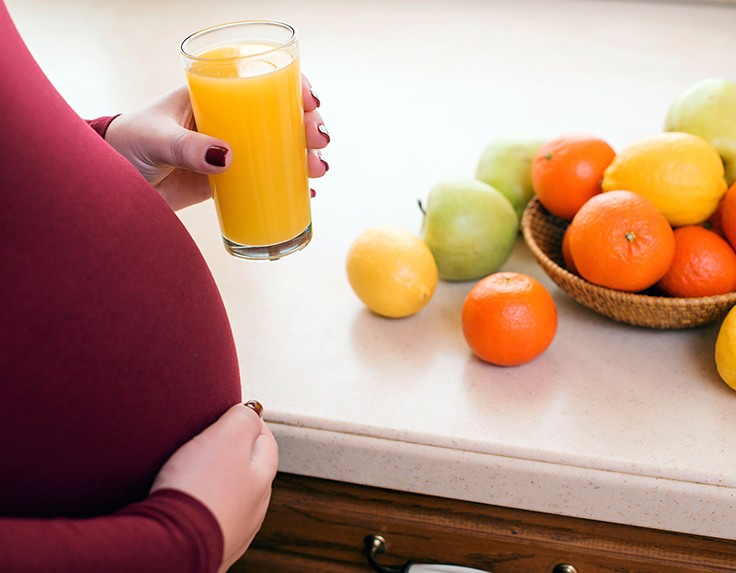
● Exercise pregnancy myths
You shouldn’t do any exercise during pregnancy – haven’t you heard that already? The most common misconception is that one shouldn’t do any physical exercise when pregnant. However, unless the doctor has specifically prescribed bed rest due to some bodily conditions, it is advisable to include some form of exercise or the other in your daily routine. From yoga and walking to swimming – there’s a plethora of exercises you can do to stay healthy. Just make sure to check-in with your doctor before you start anything new and your doctor will be able to guide you on physical activities depending on the needs, your previous habits and the stage of pregnancy.
● What you had before you knew you were pregnant can harm your baby
For the first weeks after conception, many women may not be aware of their pregnancy and may have had a glass of wine or some exotic food or even an over-the-counter drug. However, doctors say that the ill effects’ causing substances are under a limited list and many of these things may have no impact at all. However, to be on the safe side, inform your doctor of all your worries as soon as you find out you are pregnant, so your doctor can help you alleviate those worries.
● No sex during pregnancy
Having sex during pregnancy can hurt your baby – it’s time to debunk this myth. While some postures may be uncomfortable, sex during pregnancy is absolutely okay as per doctors. You can ask your doctor for any precautions or safe positions but do not shy away from intimate time with your partner.
● You can miscarry if you lift heavy objects, take the stairs or do exercises
According to doctors, miscarriages can be caused by various hormonal and other factors and not by doing regular activities. As long as you stick to what’s comfortable to you and not engage in high-risk adventures like horse-racing and sky-diving etc., you should be fine. As your centre of gravity shifts during this time, you are prone to be imbalanced, so it’s better to be cautious during any activity.

● Big bellies have difficult deliveries
Another unfounded myth – your belly size doesn’t determine what type of birth you will have or how easy or difficult it will be. The additional weight gain can depend on many factors like your body weight, water retention etc. and a big belly doesn’t always signify a big baby.
● Avoid all seafood during pregnancy
Many women are asked to completely cut down on seafood during pregnancy. The risk of mercury and thus fish like king mackerel and swordfish should be avoided. It is also best to avoid raw fish during this time, unless your doctor gives you a go-ahead on the same. Consult your doctor for what to eat and what not to eat during this time, without paying heed to myths.
● Heartburn indicates that baby will have full head of hair
Doctors agree that heartburn only indicates that you ate something which caused indigestion and you should watch your diet to avoid it. Avoiding spicy, fried food and big meals, can significantly reduce heartburn during pregnancy and your baby can still have a normal amount of hair!
● Avoid all caffeine completely
According to gynaecologists, one or two servings of caffeine is absolutely safe during pregnancy unless you have some other conditions like heartburn, which may be worsened by hot drinks.
Key Takeaway
As explained above, it’s best to verify all the information that you come across when you are pregnant before implementing them. People love sharing stories and may be more than eager to give you a fair share of their experiences or what they might have heard. However, this can be misinformation or simply cause anxiety so it’s better to make a list of things to ignore when you are pregnant, with myths topping the list. Always get verified information from your doctor or physician before you start or stop anything new.
FAQ
What kinds of things should a woman avoid during pregnancy?
While there are some dietary and physical restrictions like avoiding mercury-rich fish or not trying adventure sports, most things are considered okay for pregnant women. However, it is important to check-in with your doctor to get a complete list of your diet, activities and more when you are pregnant, as they would be the best person to guide. Moreover, harmful things like alcohol, tobacco or recreational drugs should be avoided completely, and not even inhaled second-hand.
Is pregnancy cravings a myth?
Cravings are caused by hormonal changes in your body which in turn can affect your taste and smell, thus increasing or decreasing the appetite for some foods. However, it is a myth to believe that all women will get weird cravings during pregnancy.
Do we get negative thoughts during pregnancy?
It is normal to have negative thoughts at any point in time – during pregnancy these negative thoughts can be caused by hormonal changes, or excessive worrying about the baby’s well-being, childbirth and the new role of the mother. However, it’s important to seek help and resolve these issues by talking to a specialist in order to enjoy a healthy pregnancy, both physically and mentally.
What are the common myths and facts about pregnancy?
Not getting exercise, eating for two and avoiding sex are some of the common myths about pregnancy. However, the fact is that one should eat healthy and exercise during pregnancy for the proper weight gain and not excessive weight gain. Your doctor is the best person to determine exactly how many extra calories you need during pregnancy and how active you should be during this time. Doctors also say that sex during pregnancy is absolutely okay when done with certain precautions like avoiding risky postures etc.






























